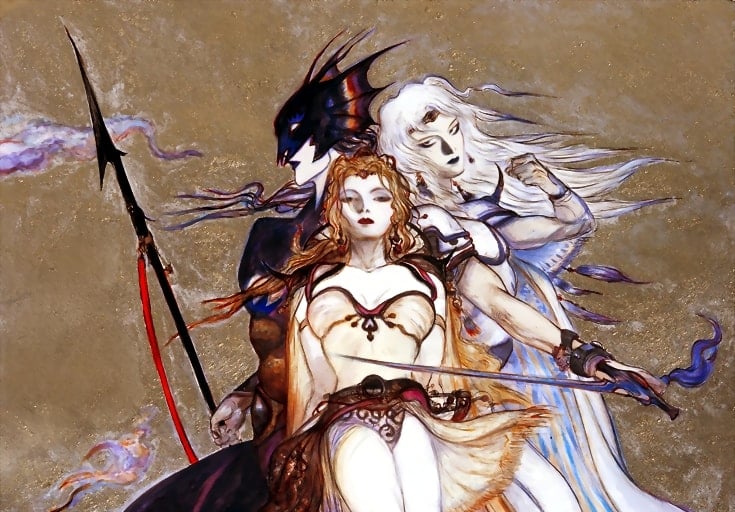Since the very first game in the franchise, the Final Fantasy series has been synonymous with elevating the art of storytelling in games. Dragon Quest may beat the original Final Fantasy as the first game that would come to define the characteristics of JRPGs, but one could make a strong case that Final Fantasy improved and then perfected that formula. Starting with the first sequel, Final Fantasy II, each title in the long-running series has featured a memorable cast of characters that includes some of the best protagonists and antagonists in gaming, as well as an eclectic and diverse set of NPCs that interact with the party throughout their journey.
As the series has grown, so too have the narratives that each game tells. The first game’s blending of a traditional fantasy adventure with some elements of sci-fi is relatively quaint by today’s standards, but the newest entry in the series has a narrative on par with some of the best content on television or film. And while the earlier Final Fantasy games basically tell variations of Joseph Campbell’s “Hero’s Journey”, the later games in the Final Fantasy series contain some of the most complex and emotionally poignant conflicts and stories in the history of the medium.
16. Final Fantasy XI
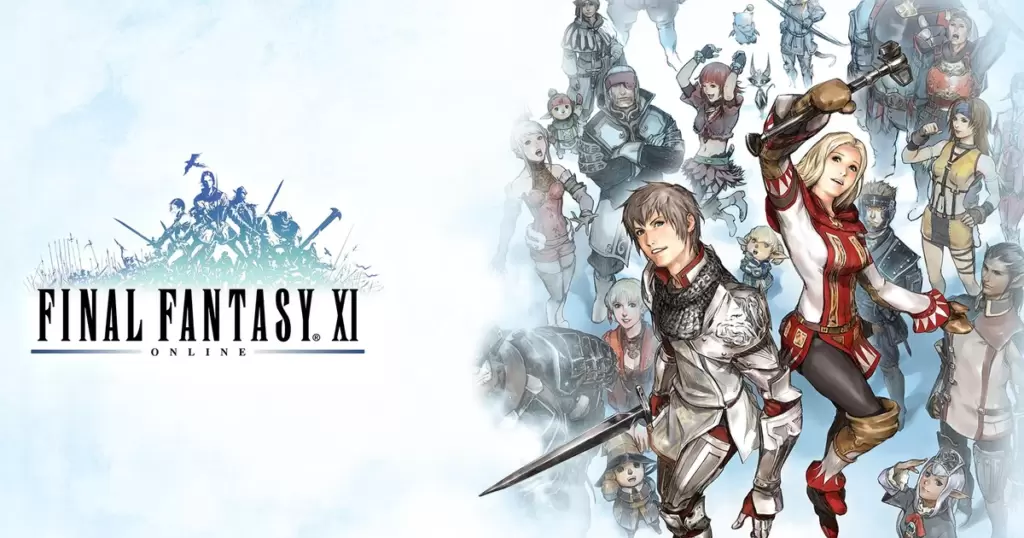
The prospect of creating a protagonist and taking them through a curated MMO adventure in the Final Fantasy universe is something that players now recognize as one of the best ways to experience the franchise (thanks to Final Fantasy XIV), yet the first attempt at bringing the series online is somewhat lacking in the narrative department. Part of the reason for Final Fantasy XI ending up on the bottom of the list of best stories in Final Fantasy is due to the time of its release, where storytelling in MMORPGs had not yet caught up to the level of the single-player RPG where it exists today. Still, Final Fantasy XI has some memorable moments, including a return of a previous game’s antagonist and several other references and callbacks to the series’ history.
15. Final Fantasy III
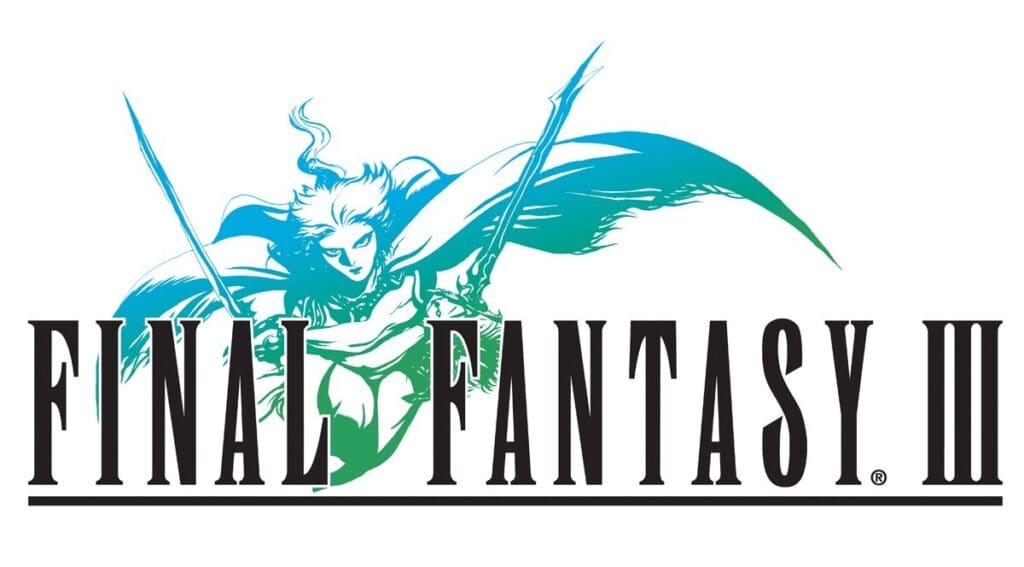
After Final Fantasy II expanded on the ideas introduced in the first game, Final Fantasy III surprisingly takes a step backward and provides players with another “blank slate” group of heroes on which they can imprint their own story and identity. Despite the gameplay of Final Fantasy III and its introduction of the Job system placing it as the best of the first three games in the series, its story is somewhat lacking compared to the epic Star Wars-inspired tale told by Final Fantasy II. The antagonist who drives the conflict forward appears rarely. Later the game reveals he’s simply a puppet of a more powerful malicious entity, making the plot of the game feel as if it wasn’t a priority for the development team. Thankfully, this slight misstep receives correction in the 3DS remake of the classic Final Fantasy title.
14. Final Fantasy II
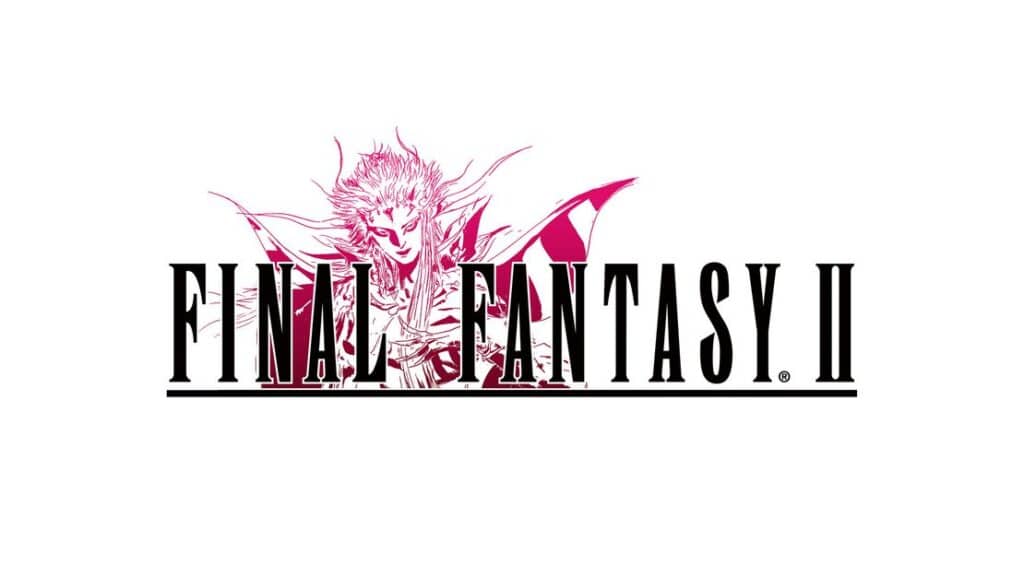
The incredible success of the first game in the series led to Square pulling out all the stops for its direct sequel, which established the anthologic nature of the franchise moving forward by featuring a new group of heroes facing off against new threats in a different world from the original. To add more gravity to the conflict driving the gameplay forward, Final Fantasy II features named characters and more emphasis on dialogue, including a novel password system that requires players to pay attention to conversations and use the right key phrases with the right characters. The story does borrow liberally from George Lucas’ Star Wars saga, even going so far as to feature a plot centering around a band of rebels trying to topple an authoritarian empire, but the narrative’s conclusion takes the player to realms never before seen in an RPG.
13. Final Fantasy
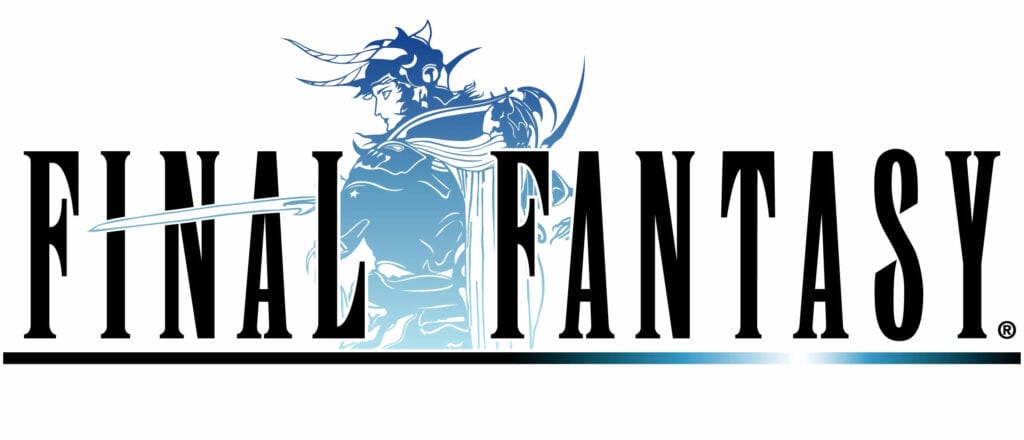
The original Final Fantasy represents a watershed moment in the realm of video game storytelling, providing players with what was, at the time, one of the most fully-fledged narratives to feature in an NES game. Prior to the release of Final Fantasy, RPGs typically included stories that were rudimentary and lacking in character development or dialogue. Not only is the story of the original Final Fantasy a massive leap in complexity in comparison to contemporaries like Dragon Quest, it mixes in surprising elements like lost civilizations and time travel to what is, on the surface, a traditional high fantasy tale about a group of heroes saving the world. That mix of sci-fi and fantasy eventually became a staple of the series, just as complex and multi-layered narratives would. That legacy begins here with the original.
12. Final Fantasy XIII
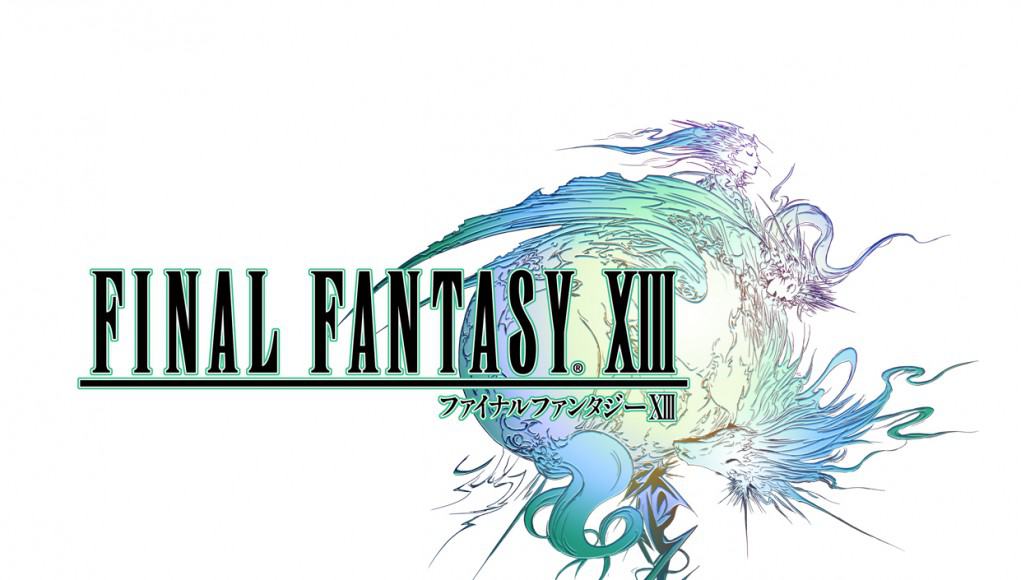
After a handful of Final Fantasy stories that feature pairs of brothers in the adventuring party, Final Fantasy XIII switches things up by featuring one of the series’ only female protagonists and a narrative that centers around her quest to save her sister. The tale at the center of Final Fantasy XIII is ultimately yet another story that focuses on a group of rebels trying to stop a corrupt and all-powerful authority. The addition of needing to save Lightning’s younger sister Sarah while also witnessing the protagonist coming to grips with her position as a former soldier on the lam after defecting adds some personal stake to what’s otherwise a by-the-numbers JRPG plot. Lightning is a great heroine (hence, why she features in three separate games) but ultimately, the companions and supporting characters of FFXIII rank among the weakest in the series.
11. Final Fantasy XV
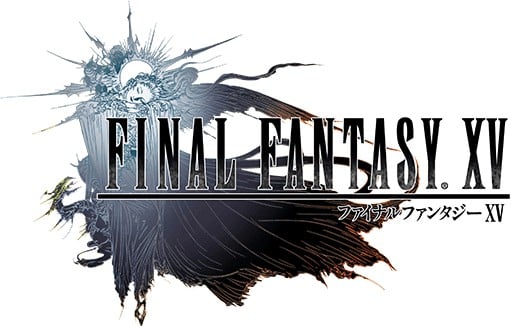
The premise of Final Fantasy XV is unique considering the series’ propensity to take itself just a little too seriously sometimes. Rather than feature a group of rebels on a life-saving mission or a tale of redemption centering around a stoic and moody hero, Final Fantasy XV is like a high fantasy version of the classic road-trip movie. Young prince Noctis and his three best friends set off on a final adventure before Noctis marries the princess of a neighboring kingdom, and the advernturers embody the spirit of wanderlust in a tale that features as much camaraderie and male bonding as it does monster-slaying and crystals. The latter half of the tale takes some surprisingly dark turns that add an emotional gut-punch to its conclusion, but the fact that the story is left somewhat unfinished prevents FFXV from ranking higher.
10. Final Fantasy VIII
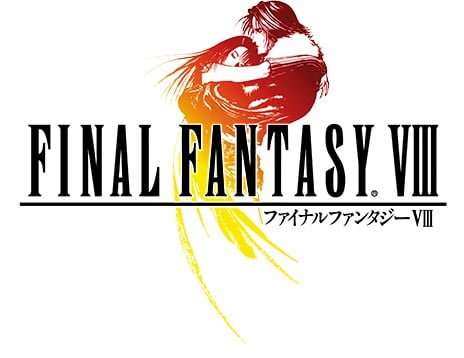
Final Fantasy VIII is able to avoid the “sophomore slump” of following up Final Fantasy VII by featuring a story that sticks to what the series does best. Protagonist Squall initially comes off as cold and aloof, but as the tale of Final Fantasy VIII unfolds he learns to come into his own as a leader and a friend to the game’s great supporting cast. And, as Squall grows and develops, so too does the player’s appreciation of the character and his journey as a whole. The presence of a great antagonist in Ultimecia definitely helps to elevate the narrative of Final Fantasy VIII beyond something that could potentially otherwise be considered routine, and the reintroduction of time travel and dimensional disturbances into the storyline of a Final Fantasy game is the right kind of nostalgic fan-service.
9. Final Fantasy X
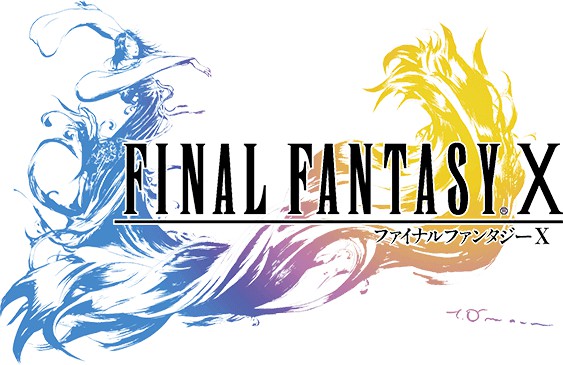
The story of Tidus and his companions as they work to protect the summoner Yuna and stop the oppressive being known as Sin is one of the more emotional tales in the series’ history. Tonally, the initial hours of the story feel slightly out of place for a Final Fantasy game, but eventually the pieces begin to fit into place and build to an incredibly bittersweet ending. At the core of the tale the game tells is protagonist Tidus, the star athlete who is continually living in the shadow of his father, Jecht. The revelations concerning his father’s whereabouts as well as why other characters in the game react strangely to Tidus are some A-tier plot twists in a series notorious for employing them, and the great cast of supporting characters are a showcase for some excellent character development.
8. Final Fantasy V
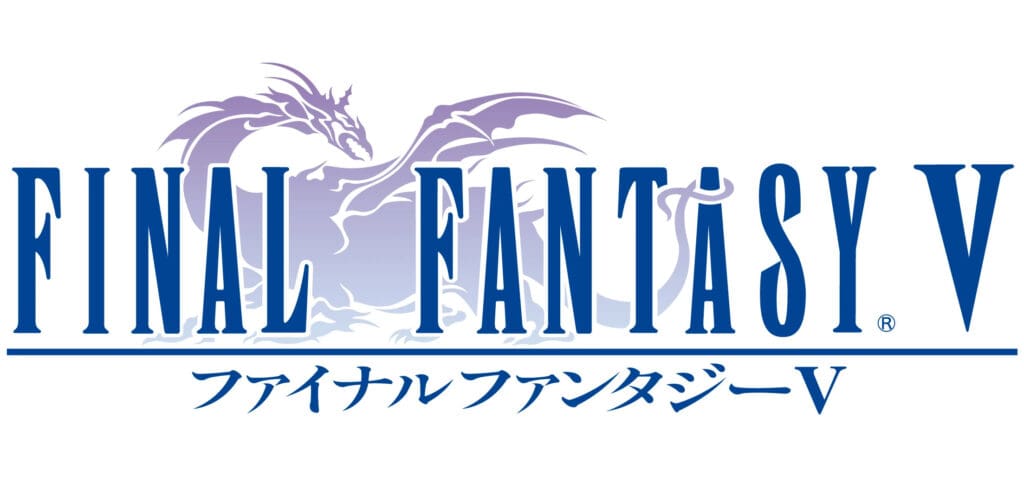
Final Fantasy V is somewhat notorious for being more whimsical and carefree than either its predecessor or sequel, leaning into RPG tropes in its storytelling all while being self-aware and injecting plenty of humor into the proceedings. Leading the tale is Bartz, a young adventurer who simply wishes to travel the world while simultaneously trying to understand his place in it. His ability to continually roll with the punches and take all of the hardships the party faces in stride is refreshing when comparing him to other series’ protagonists, and the use of a sentient evil tree as a main villain shows that the developers were willing to have some fun with the game’s plot. Final Fantasy V has some of the best gameplay, continually landing itself high on the list of favorites of the developers at Square Enix, but it’s story is also noteworthy among series canon.
7. Final Fantasy VII
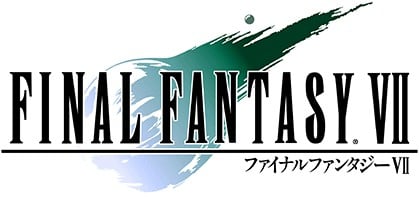
At its core, Final Fantasy VII is both a cautionary tale and an examination into what helps define a person. Cloud’s struggles with his identity and mental health make him a relatable protagonist and a well-rounded character, existing as more than the traditional hero one might find in a Final Fantasy game. And, of course, alongside Cloud is one of the series’ all-time greatest antagonists in Sephiroth. Final Fantasy VII is partly about the dangers of rampant industrialization and unchecked progress, but it’s also about whether it is a person’s actions or intent that define them. With an incredible cast, complex themes underpinning the narrative, and two of the most iconic main characters in the medium, Final Fantasy VII is a legendary game. If it weren’t for the incredibly high caliber of storytelling across the rest of the series, it would rank much higher on this list.
6. Final Fantasy IX

Following two games that mix action and sci-fi with their fantasy and take place in near-futuristic settings, Final Fantasy IX returns the series to its roots as an entry firmly rooted in the world of fantasy. Leading the tale is the affable and humble Zidane, who is arguably one of the best main characters in the series and an excellent companion to the other members of the party. Playing Final Fantasy IX shows how readily apparent and how much work went into making a worthwhile cast who are all engaging characters, and the tale of Garland’s manipulation and the tragic backstory of the game’s villain Kuja give the narrative some emotional weight. Final Fantasy IX is fan-service done right; giving players an experience that harkens back to the series’ origins while using all of the insight gained from its evolution over the years.
5. Final Fantasy XII
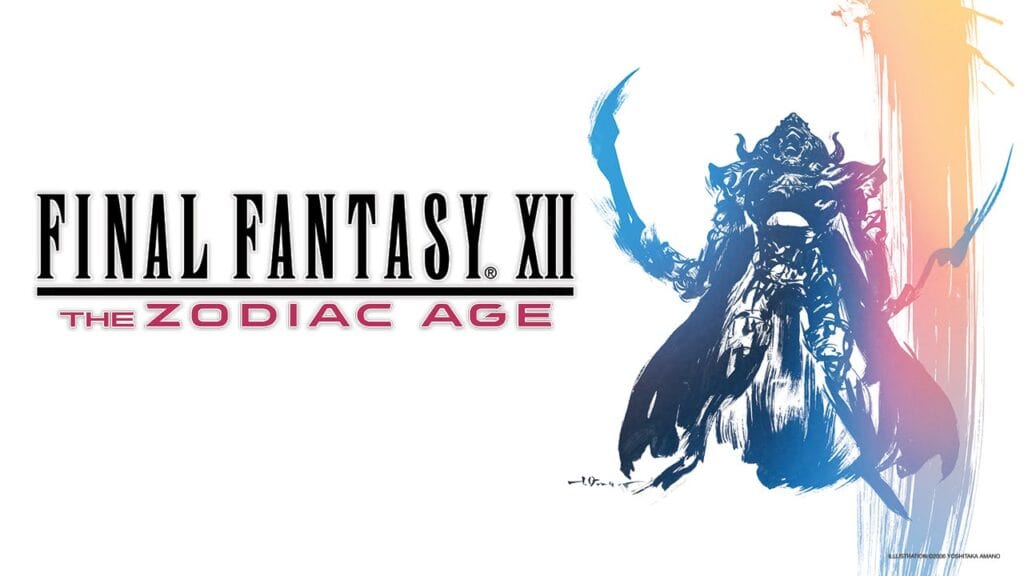
If not for the supporting cast of Final Fantasy XII and the excellent story the game contains, it’s likely that it would land much lower on this list. The game’s protagonist, Vaan, is one of the weaker main characters in the series, and antagonist Vayne is similarly somewhat one-note in his motivations and ambition for ultimate power. That said, surrounding these figures are potentially the absolute best supporting cast in any Final Fantasy game, as well as a story rife with political intrigue and interpersonal conflicts, all taking place in a world that feels genuine and lived-in. The fictional kingdom of Ivalice is the setting for some of the best games that Square has ever produced, and Final Fantasy XII proves that it’s a setting that more games should return to.
4. Final Fantasy XIV
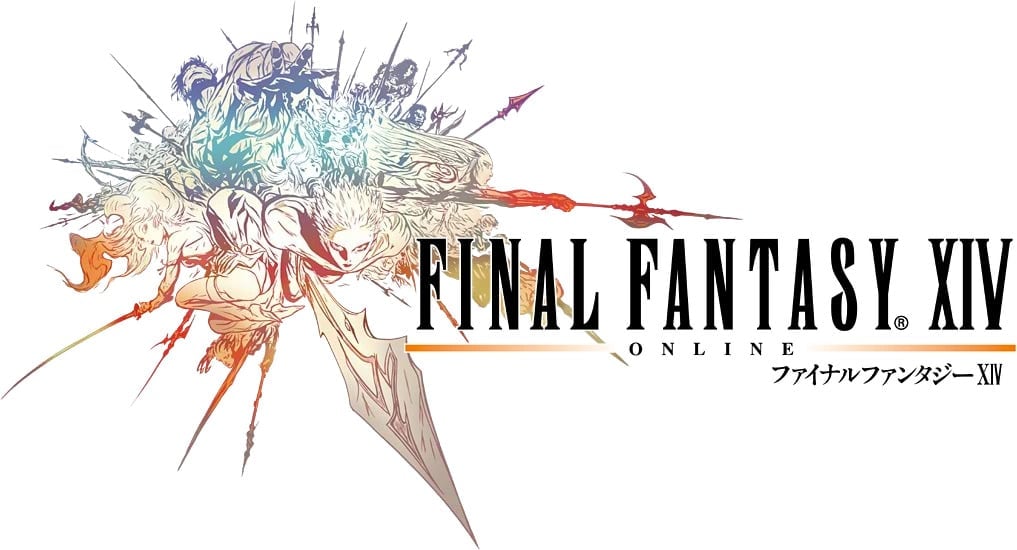
Although the initial years of Final Fantasy XIV‘s existence can be classified as a disaster, the game has undergone a ressurection fitting of the series’ Phoenix under the direction and leadership of Naoki Yoshida, aka “Yoshi P.” Now, Final Fantasy XIV is potentially one of the absolute best narratives told across the entire series, with the benefit of 10 years of storytelling and expansions that flesh out its world and characters. Some fans consider the game’s antagonist, Emet Selch, to be one of the best villains in pop culture across any medium, and the emotional weight to each new story the game tells is only compounded by having watched these characters grow as you’ve adventured alongside them and grown with them.
3. Final Fantasy VI
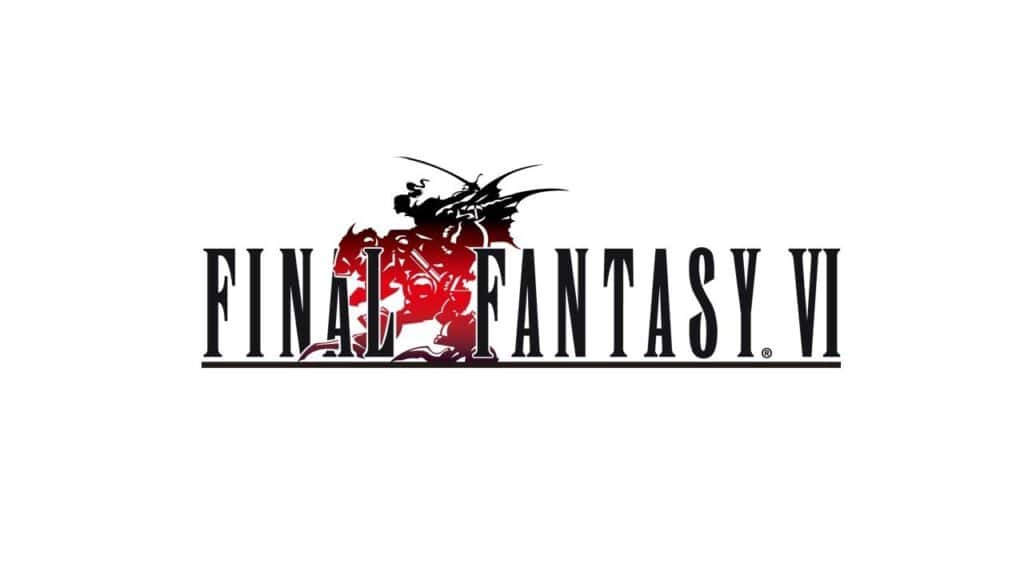
Final Fantasy continues to be an anthology series, with each new game being the “final fantasy” or final adventure for the world it takes place in. As a result, each game in the series switches up the mechanics and elements central to each game while still retaining much of the franchise’s core identity. When development began on Final Fantasy VI, the team set out to make a game where it was about the ensemble cast rather than simply one protagonist, and the effort pays off in Final Fantasy VI having the single best cast of characters of any game in the series. The story begins by centering around Terra, who players quickly learn is one of the only people on the planet who can use magic, but then it quickly shifts to Locke, and then Edgar, and then Celes as the story unfolds and the stakes rise to unforeseen heights.
Kefka, the absolute best villain in the franchise, is the foil that drives the story’s conflict forward, and his desire to both eliminate hope and cause chaos leads him to be the first antagonist in the series’ history to actually win. Of course, the heroes eventually recover and launch a final assault on Kefka in his tower, and the ensuing ending provides a satisfying conclusion for each of the game’s 14 characters, solidifying the value of the ensemble approach.
2. Final Fantasy XVI
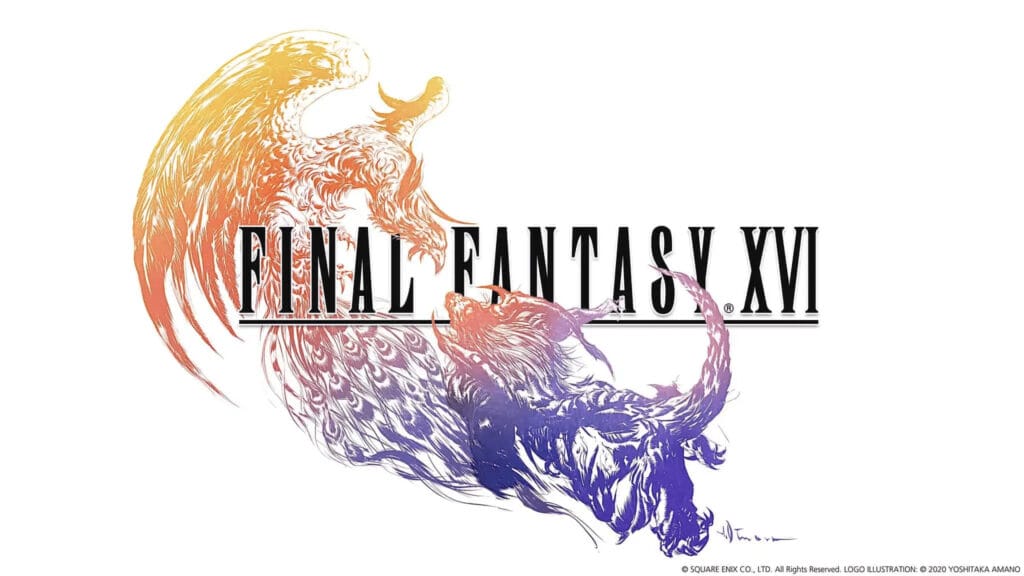
After his success in revitalizing Final Fantasy XIV, Square Enix smartly tapped Naoki Yoshida to spearhead the next mainline game in the series with Final Fantasy XVI. Right from the outset, Yoshida modeled the game’s story from real-world European conflicts and fictional series like Game of Thrones to ensure that the tale the game tells would be one rooted in political intrigue. The gambit worked, as Final Fantasy XVI features one of the best stories of any game in the series and one of its best protagonists. For all the changes that FFXVI makes on the gameplay front, its story feels more like Final Fantasy than several of the mainline games that precede it. All of the classic elements one would expect to find in the narrative of a Final Fantasy game are there, but they’re presented in a way that grounds them in realism and genuine human emotion.
1. Final Fantasy IV
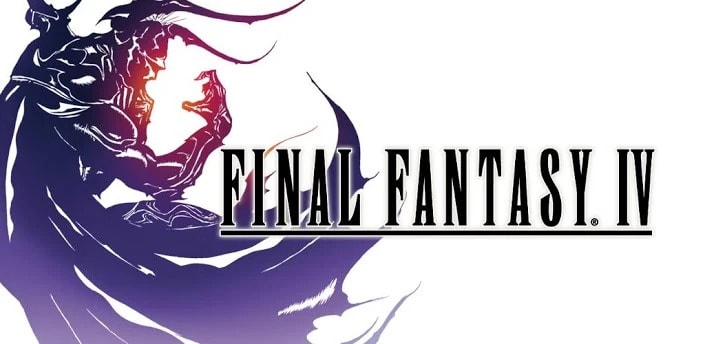
Several games in the Final Fantasy series weave tales that touch on several of the milestones that are part of Joseph Campbell’s “Hero’s Journey.” After all, that storytelling archetype appears across cultures and throughout history for a reason. Final Fantasy IV ultimately succeeds in being the best story in the franchise by focusing on main character Cecil. What’s important to consider is the context in which Final Fantasy IV arrived, where the game’s story was undoubtedly the most complex and intricate narrative to feature in a video game at the time of its release. While games with cinematic qualities and engaging characters are now commonplace, at the time of Final Fantasy IV‘s release the game practically single handedly elevates storytelling of interactive entertainment.
There’s so much to love about Final Fantasy IV‘s story. The redemption arc of Cecil and his transformation from guilt-ridden Dark Knight to penitent Paladin, the friendship between Kain and Cecil, the love triangle existing between Cecil, Kain, and Rosa, and the relationship between the game’s antagonist and Cecil; Final Fantasy IV is absolutely bursting with melodrama. Without the rose-colored lenses of nostaligia, some of the story’s reveals might seem trite, but every subsequent game in the series owes Final Fantasy IV a debt of gratitude.
